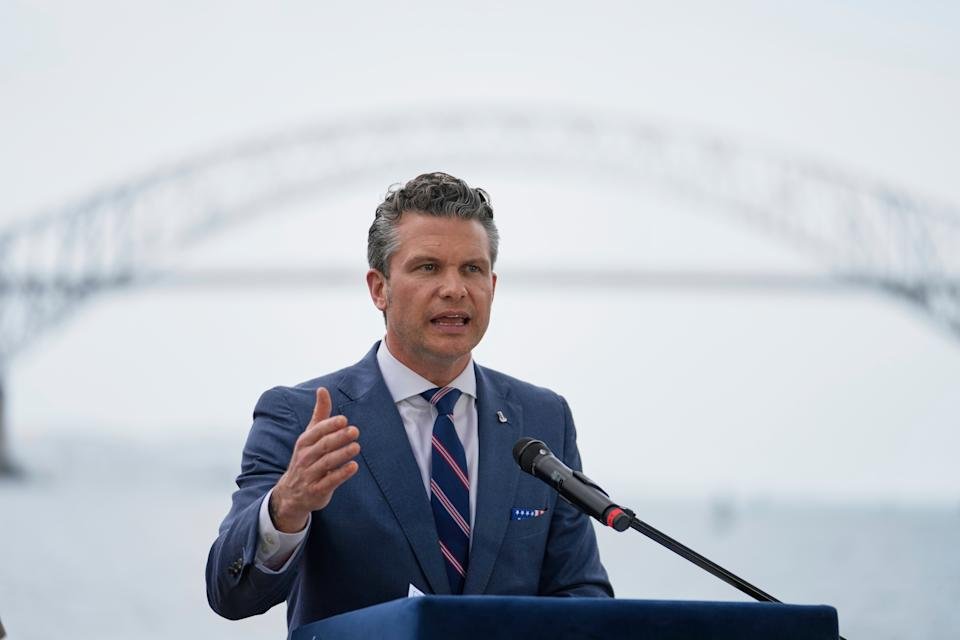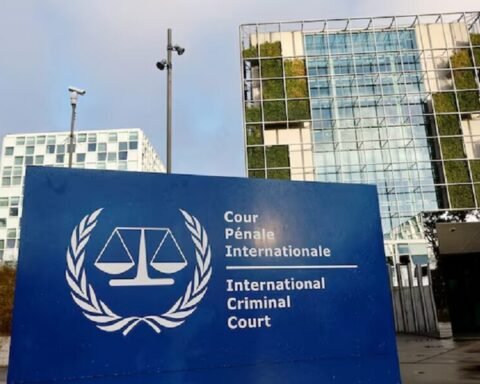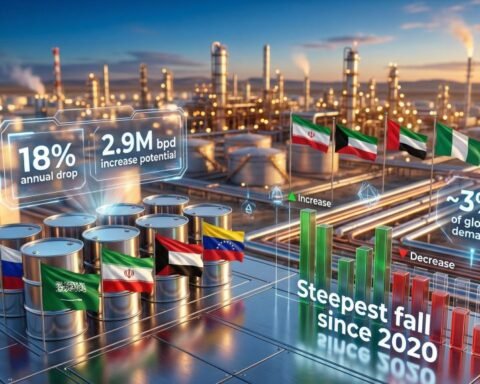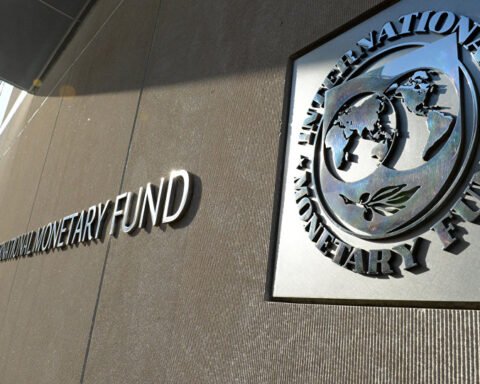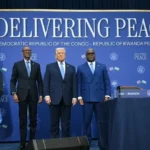U.S. Secretary of Defense Pete Hegseth warned against what he called rising Chinese influence over one of the world’s most vital shipping routes the Panama Canal.
Addressing a press conference alongside Panamanian officials, Hegseth declared, “China did not build this canal. China does not operate this canal, and China will not weaponize this canal. Together, we will take back the canal from China’s influence.”
The remarks have stirred significant diplomatic conversation across the globe and signal a marked intensification in Washington’s stance toward Beijing, particularly regarding international infrastructure projects. Hegseth’s tone was assertive, if not confrontational, suggesting the United States sees the canal not only as a global trade artery but also as a matter of strategic security.
Although the canal has been under Panamanian control since the end of the 20th century, Chinese companies have made notable inroads in the country’s logistics and port sectors. These include large-scale investments and contracts that have drawn scrutiny from the U.S., which views such moves as part of China’s broader Belt and Road Initiative—Beijing’s global infrastructure strategy that Washington accuses of expanding geopolitical control under the guise of development.
“We are not here to bully or to dictate,” Hegseth said in a follow-up statement. “We are here to reaffirm our commitment to the sovereignty of Panama and the freedom of international trade.”
Also Read; Russia Unveils Powerful New
Arsenal for Modern Warfare
In recent years, Panama has walked a fine diplomatic line between the world’s two largest economies. However, earlier this year, the Panamanian government quietly withdrew from the Belt and Road Initiative, a move seen by many analysts as a signal of shifting alliances back toward Washington.
Chinese officials, for their part, have dismissed the accusations. The Chinese Embassy in Panama issued a strongly worded response, stating that Chinese companies operating in Panama are engaged purely in commercial activity, and warned the U.S. against “coercive diplomacy.”
Meanwhile, Panama’s own authorities have emphasized that the canal remains under full national control and continues to operate under the neutrality clauses established in international law. “No foreign power, whether East or West, runs the Panama Canal,” a spokesperson for the Panama Canal Authority said.
The situation marks yet another point of tension in the increasingly complex U.S.-China relationship, where infrastructure, trade, and military influence now intersect more than ever before.

